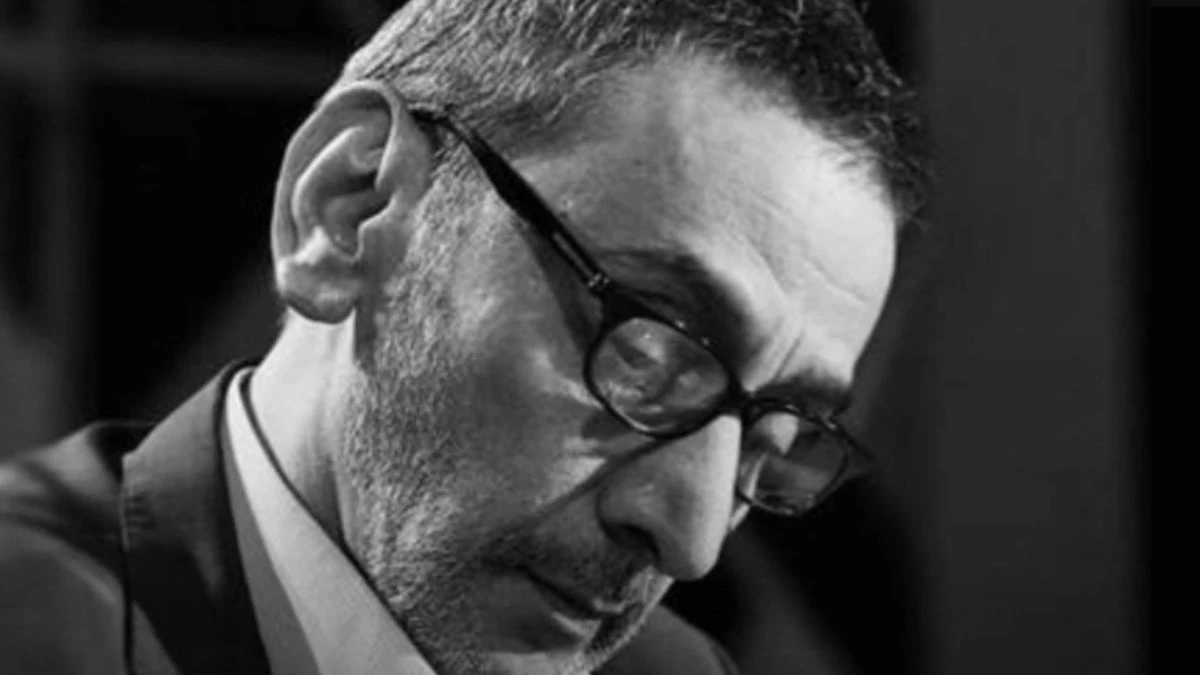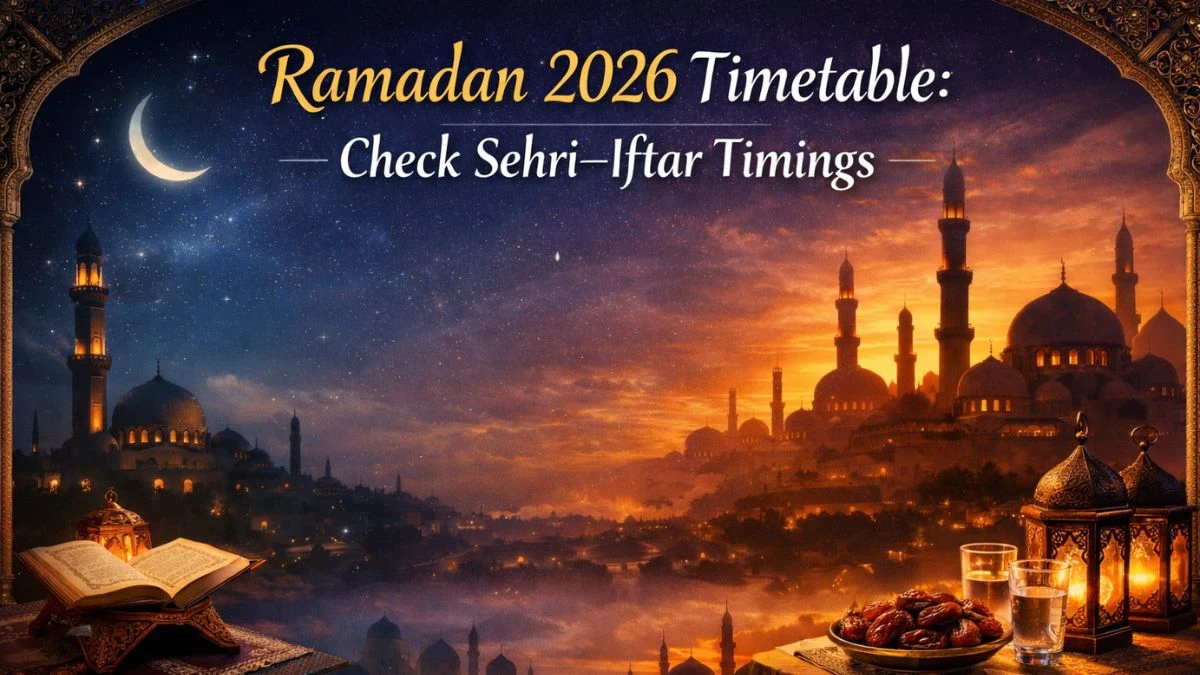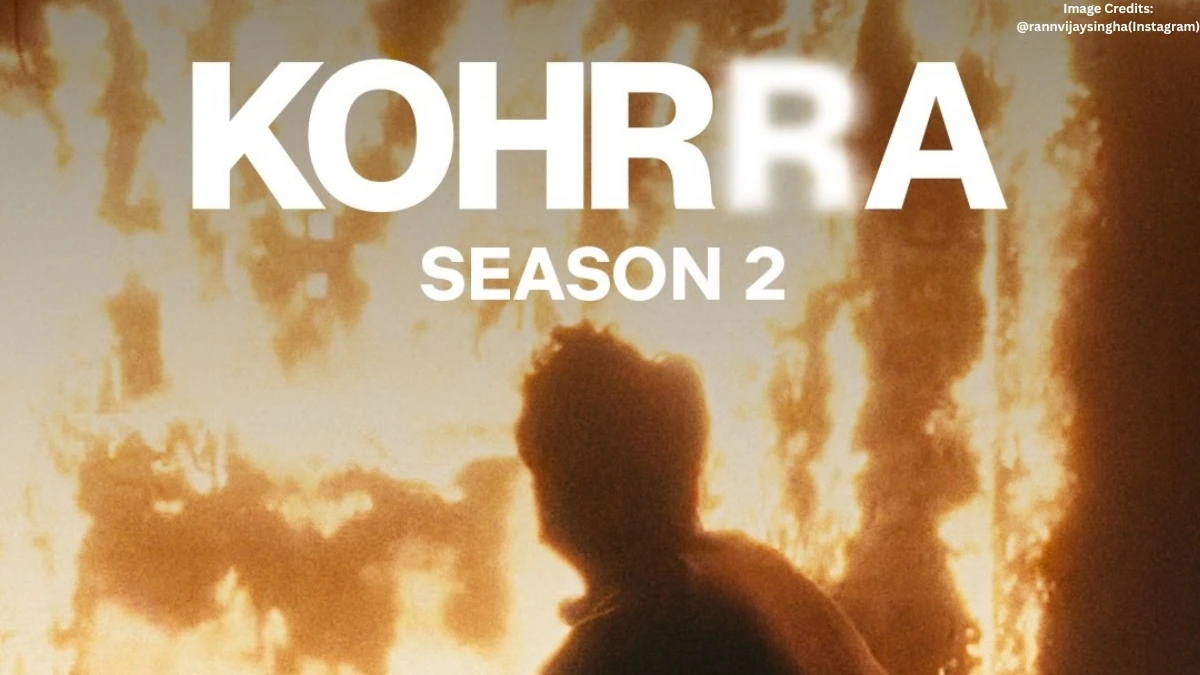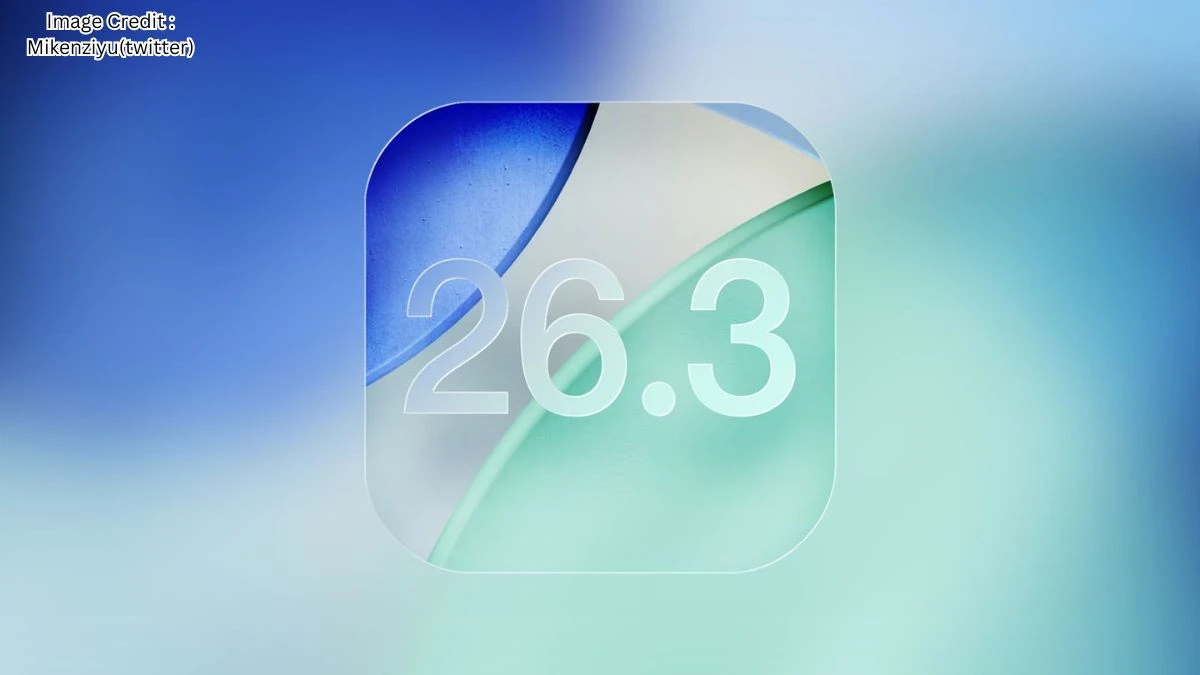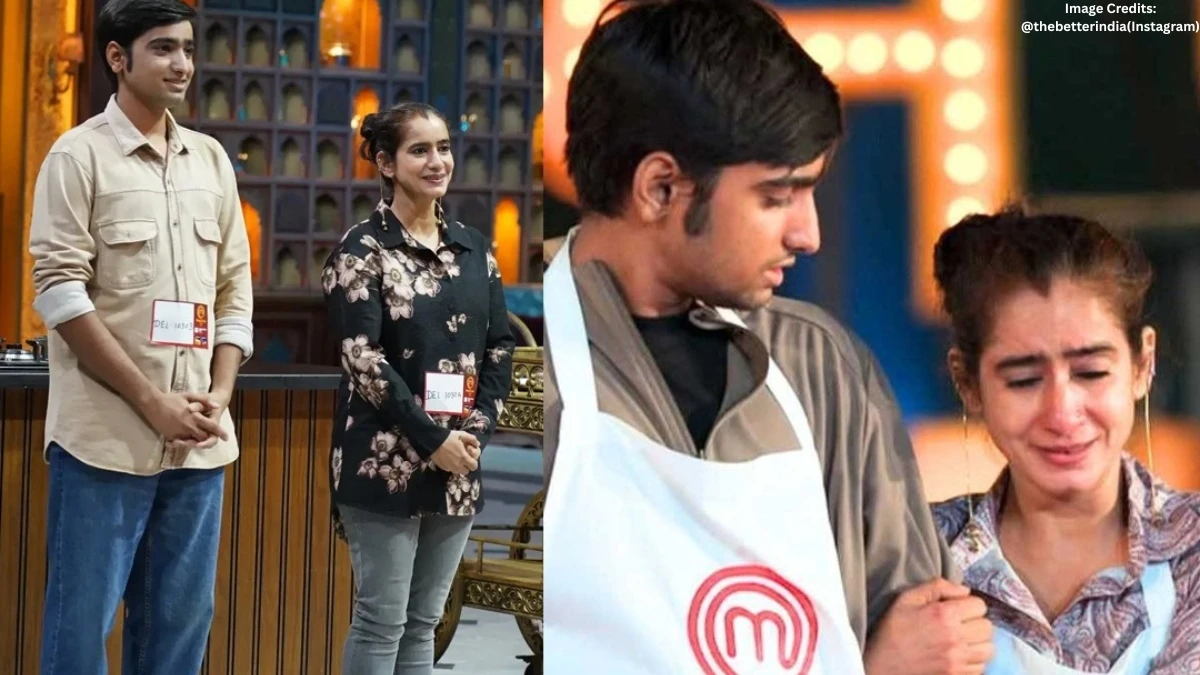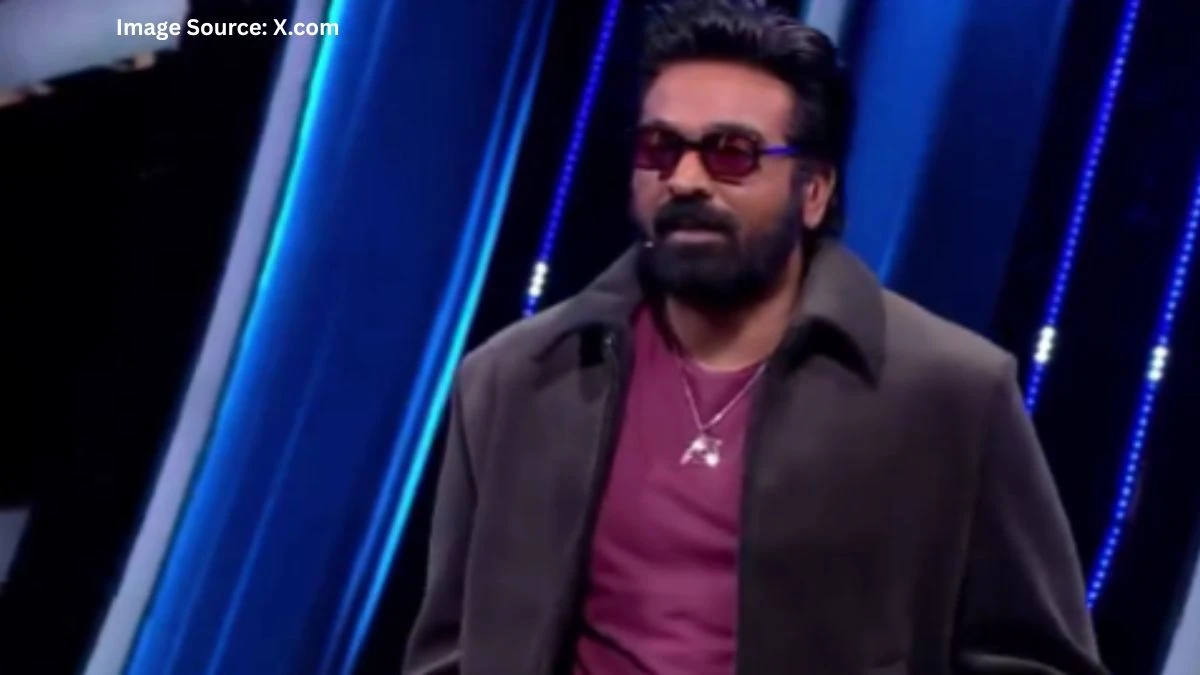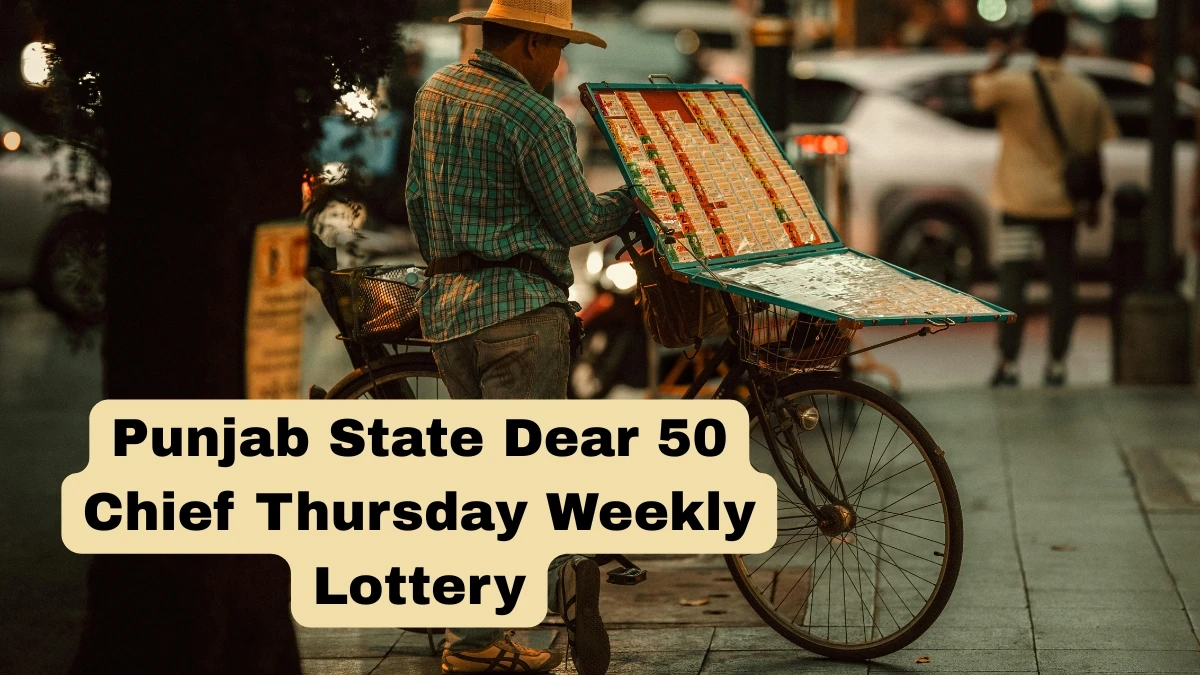What Happened to Ziad Rahbani?
Lebanon mourned a cultural titan on July 26, 2025, as Ziad Rahbani passed away at the age of 69. The news was confirmed by the state-run National News Agency, but the specific cause of his death was not immediately disclosed.
His passing drew widespread tributes across the Arab world, with Lebanese President Joseph Aoun calling it a “national tragedy” and describing Rahbani as “not merely an artist, but a comprehensive intellectual and cultural phenomenon”.
Who Was Ziad Rahbani?
Ziad Rahbani was a Lebanese composer, pianist, playwright, and political commentator—known for his fearless satire, ingenious music, and leftist politics.
Born January 1, 1956, in Antelias, Lebanon, he was the son of the legendary singer Fairouz and composer Assi Rahbani of the famed Rahbani Brothers duo.
Growing up amid Lebanon’s artistic elite, Ziad absorbed a potent blend of music, theatre, and political discourse.
Rahbani’s family featured luminaries:
- Mother: Fairouz (one of the Arab world’s most beloved singers)
- Father: Assi Rahbani
Ziad Rahbani’s Career: Music, Theatre, and Political Satire
Rahbani’s artistic journey began astonishingly early. At age 17, he composed “Saalouni El Nass” for his mother, Fairouz—a piece written in the wake of his father’s illness. From this point forward, Ziad’s career would merge dazzling musical talent with fearless socio-political commentary.
Key Contributions
Theatre & Satire: Rahbani revolutionized Lebanese and Arab theatre with sharp-witted plays addressing the absurdities of war, bureaucracy, and sectarian divides. Notable works include:
- "Bennesbeh La Bukra Chou?" (As for Tomorrow, What?)
- "Film Ameriki Taweel" (A Long American Film)
- "Shi Fashel" (Something Failed)
Music: He blended Western jazz, classical Arabic melodies, and folk traditions, creating a distinct and influential sound. Albums like “Abou Ali” are cult classics.
Collaborations: He worked with Fairouz, his uncles, and a range of noted artists, expanding Lebanese and Arab popular music.
Political Commentary & Journalism: Through his art, public speaking, and columns in newspapers such as al-Nahar and al-Akhbar, Rahbani critiqued political corruption, sectarianism, and regional injustice.
Social media was flooded with heartfelt messages, reflecting on how his work and satire gave voice to generations of Lebanese facing political turmoil and war.
Ziad Rahbani's Songs
Notable Songs by Ziad Rahbani:
- Saalouni El Nass (1973) – Composed for his mother, Fairuz, reflecting societal questions.
- Bala Wala Chi (1985) – A jazz-infused track blending Western and Arabic influences.
- Kifak Inta (1991) – Collaboration with Fairuz, combining modern sounds with traditional themes.
- Ana Moush Kafer (1985) – A profound title track with introspective lyrics and complex composition.
- Bennesbeh La Bukra Chou? (1978) – A theatrical piece addressing post-civil war disillusionment.
Selected Albums:
- Bil Afrah (Wedding Music) (1977) – Traditional Lebanese wedding music collection.
- Houdou' Nisbi (Relative Calm) (1985) – A fusion of jazz and Arabic music, showcasing Rahbani's innovative style.
- Ana Moush Kafer (1985) – An album known for its deep lyrics and intricate arrangements.
- Bema Enno... (Considering That...) (1995) – Collaboration with Joseph Sakr, blending political themes with music.
- Monodose (2001) – A collaboration with Salma Mosfi, exploring various musical genres.
FAQ
Why is Ziad Rahbani considered a cultural phenomenon?
Rahbani’s merging of music, theatre, and biting political satire broke taboos, challenged authority, and resonated deeply with a war-torn generation. He helped elevate Lebanese culture internationally.
What is Ziad Rahbani best known for?
He’s widely known for revolutionary theatre, chart-topping music, and fearless criticism of political and religious corruption.
Who are the Rahbani family?
A dynasty in Lebanese music: his mother is Fairouz, and his late father and uncles shaped modern Arabic music.
Disclaimer:
The information provided in this article is based on publicly available sources, including tributes and statements regarding Ziad Rahbani’s passing. The details surrounding his death and career are subject to updates as more information becomes available. The content reflects the current status as of the publication date.

